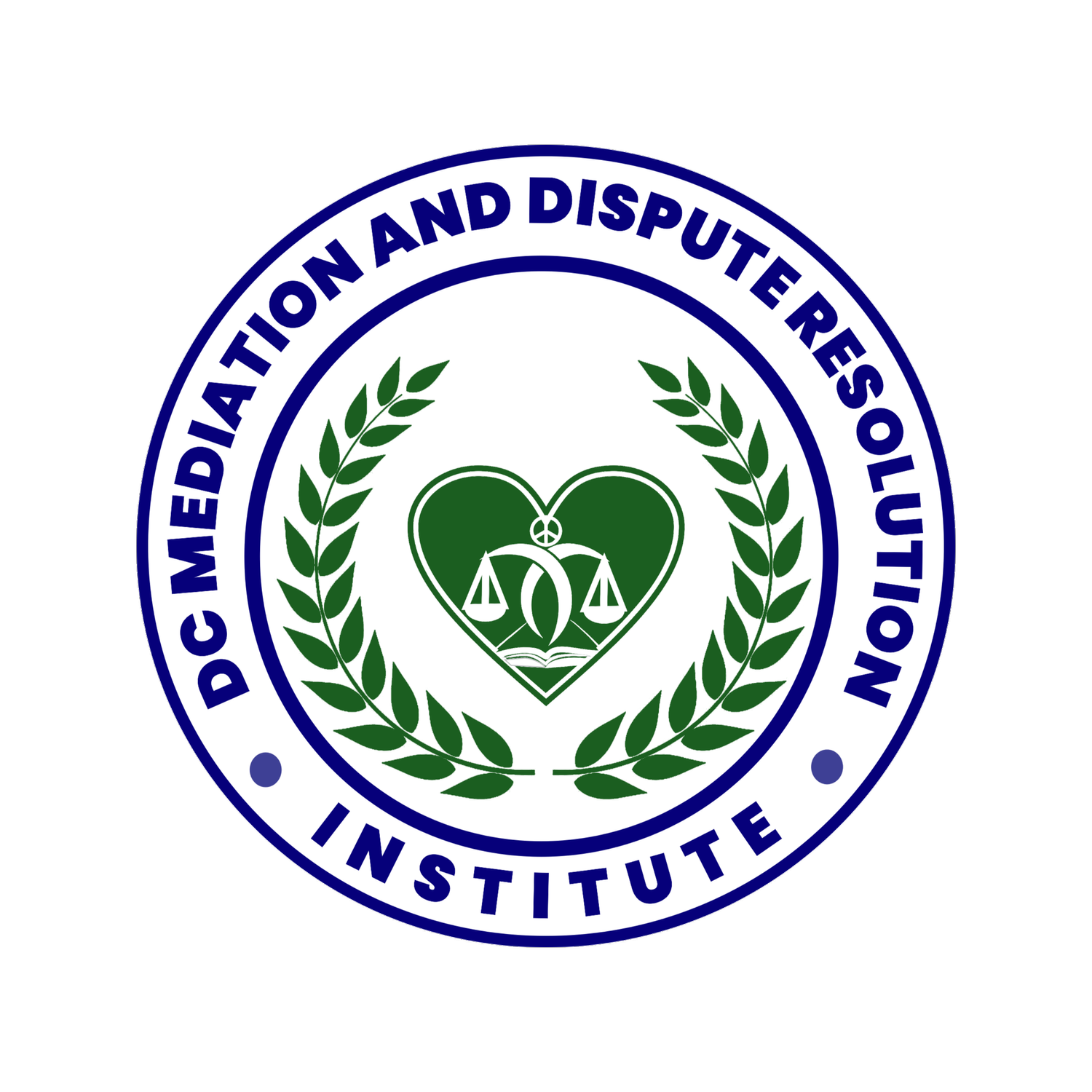
Mediation Skill Training & Certification.
Mediation Training Course Dates
Days
Hours
Minutes
Seconds
Start your 40-hour mediation skills training and certification today! Become a certified mediator in three weeks or one-week intensive. Our training is participatory, interactive, and learner-focused, consisting of 40 hours of live online sessions covering key areas of mediation, negotiation, and alternative dispute resolution (ADR). Our training follows IMI standards and leads to a certification that provides international recognition and connects you to a global network of mediation professionals.
Register now for our online mediation and ADR training to get started!
Conflict is an inevitable part of human interaction, affecting families, businesses, communities, and even entire nations. When left unresolved, disputes can escalate into legal battles, social unrest, and even violence. In today’s interconnected world, factors like economic inequality, globalization, climate change, and rapid technological advancements further amplify misunderstandings and tensions. Without effective conflict resolution, the consequences include emotional distress, financial loss, and societal instability.
The Power of Mediation: Resolving Conflicts, Restoring Trust
Mediation offers a proactive and constructive approach to resolving conflicts harmoniously, restoring trust, and fostering stability. The DC Mediation and Dispute Resolution Institute is dedicated to meeting this critical need by providing comprehensive mediation training and certification (awarded upon successful course completion). Our programs equip professionals from diverse fields with the skills and strategies to facilitate productive dialogue, address underlying issues, and drive collaborative problem-solving.
40-Hour Virtual Mediation Training | Conflict Resolution & Certification
Our 40-hour virtual mediation training is rigorous, interactive, and designed for real-world application. Participants gain hands-on experience, learning practical techniques to resolve disputes effectively across various industries and contexts. Unlike adversarial approaches, mediation fosters open communication and empowers conflicting parties to reach mutually beneficial agreements—restoring trust and strengthening relationships.
Whether you're looking to enhance your professional skills, pursue a career in dispute resolution, or create positive change in your community, our training provides the expertise you need. Join us and become a catalyst for peace, justice, and sustainable solutions.
Why Train with Us?
Comprehensive Curriculum: Gain in-depth knowledge and practical skills in mediation. You’ll also receive a comprehensive Training Manual and simulation exercises prior to the commencement of the training.
Engaging & Hands-on Training: Our interactive, practice-focused methods are proven to strengthen knowledge, and build confidence and skills.
Affordable: We price our training at $1,200, below the average market rate, to make conflict resolution skills more accessible.
Convenience: Our training is 100% remote training—no travel required.
Certification: The DC Institute’s training is 40 hours, enabling you to earn a globally recognized mediation certification.
Professional Development: Join our alumni network for exclusive resources and discounts.
By fostering a cadre of highly trained mediators, the DC Mediation and Dispute Resolution Institute contributes to building a more peaceful, cooperative society where conflicts are resolved constructively, relationships are strengthened, and mutual understanding is achieved
Training Process: From enrollment to Completion
-

Enroll
Complete the enrollment form
-

Make payment: $ 1,200
After completing the enrollment form, you will be directed to payment. Pay for the training.
-

Training Material & Instruction
Receive (electronic) training links and materials (Manual, simulation exercises) prior to the commencement date.
-

Attend Training
Log in on training day (5 minutes early recommended).
-

Certificate
Two weeks after the training, you will receive your certificate via email
Post-Certification Opportunities
Mentorship: Free or discounted guidance from experts.
Practice Sessions: Enhance your mediation skills and earn advanced certificate by completing 12 mock sessions in our Mock Mediation Practice Clinic
Networking & Exposure: Our network of mediators comes from a diverse range of industries and regions. we want to hear from you and how conflict resolution skills are showing up in your practice and day-to-day. You’ll have opportunities to present at webinars, publish on our blog, and gain industry recognition.
Join Our Mediator Roster: Complete training and 12 practice sessions to qualify.
Continuous Learning: Access refresher courses to stay ahead.
Who should attend the training?
Academia/ Educations
Faith/Religious Leaders
Human Resource Professionals
Lawyers and legal professionals
Communication & Client Relations Specialist
NGOs/ Humanitarian workers
Security/Law Enforcement Professionals
What you’ll learn from our Mediation Course
Knowledge Development:
Mediation: Principles, Processes, Roles of Parties and Ethics
Mediation: Administrative Procedure, Legal Framework, Settlement, & Enforcement
Conflict Analysis: Sources, Dynamics, Drivers, and Responses
Diversity, Gender, and Cultural Sensitivity in Mediation
Apology, Forgiveness, and Reconciliation.
Negotiation Theory & Practice: Preparation, Strategies, Stages, Style, Skills, Techniques, and Personality traits
Skill Development:
Psychological Safety: Self-intelligence and Management of Emotion in Mediation
Communication: Forms, Listening Skills, Mirroring, and Questioning
Impasse: Avoiding, Responding, and Dealing with Difficult People
Process Management Skills: Transition, Use of Joint and caucus
Negotiations: Brainstorm, evaluation of options, Reality check
Agreement: Drafting
Practice, Practice, and Practice
Our Mediator Skills training courses are participatory, interactive, and learner-focused.
Mode of facilitation:
Practical, training that focuses on developing skills
Engaging & interactive synchronous experiences
Hands-on learning through immersive exercises and roleplay/simulations based on real-world conflict
Discussion and reflection are encouraged for a better understanding
Thought-provoking sessions for stimulating thinking
Teaching Methodologies: lecturing, videos, interactive exercises, individual work, group discussion, talking in pairs, role-playing, & performance-based assessment.
Why should you become a certified Mediator?
Expert Conflict Resolver:
Gain the skills to excel in resolving conflicts effectively.
Career Boost:
Open doors to lucrative mediation opportunities.
Positive Impact:
Contribute to peace and harmony in your community and workplace.
Personal Growth:
Enhance communication and problem-solving skills
Market Appeal:
Attract clients and organizations seeking trusted mediators

